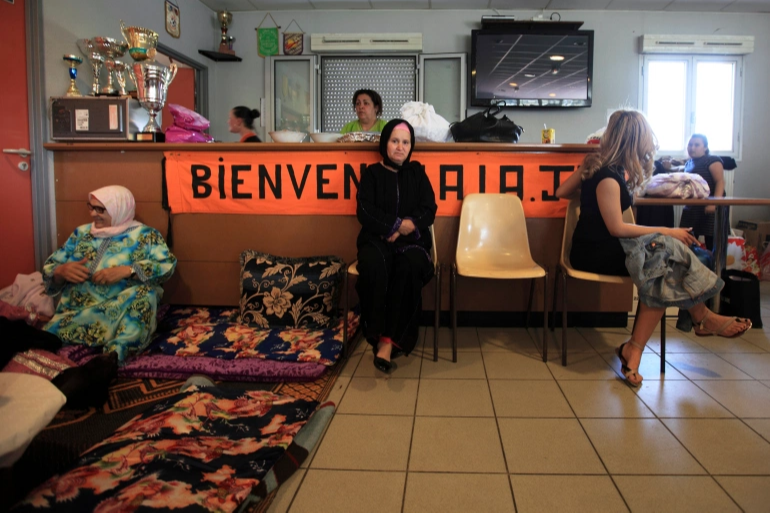
France is home to Europe's largest Muslim minority [File: Zohra Bensemra/Reuters]
Paris, February 12 (RHC)-- On October 2 last year, French President Emmanuel Macron announced a law against what he called “Islamist separatism” aimed at tackling “radical” movements in the country. He described Islam as a religion “in crisis” globally, as he sought to boost support for measures intended to regulate how the faith is practised in France.
Critics say the proposed law further stigmatises France’s 5.7 million-strong Muslim community – not only those individuals it supposedly targets – and forms part of a wider crackdown on civil liberties. On February 4, the French lower house backed the bill. An anticipated vote by parliamentarians is expected to take place next week.
The National Assembly is now sorting through 1,860 proposed amendments to the controversial bill, including an extension of the hijab ban on university students and a ban on religious symbols worn by parents on school trips.
The legislation, officially named the draft bill on “Respect for the Principles of the Republic,” has been the subject of fierce debate in civil society and among politicians. “I don’t see how this will help to stop the terrorism,” said Ouadie Elhamamouchi, a lawyer for the Collective Against Islamophobia in France (CCIF) civil rights group. “This law above all has a political rather than legal motive. It’s stigmatising Muslims.”
CCIF itself was forced to relocate after the French government accused the group of harbouring “radical” links and ordered its closure during the crackdown on suspected “separatism”. Rights groups condemned the move against CCIF, saying it added to a climate of Islamophobia.
If the law is passed, according to Elhamamouchi, the government will be legitimising the xenophobic arguments made by France’s resurgent far-right groups. “It will fan the flames of the right,” he said. “We will have crossed a line, and it will be an attack on public freedom. It is simply unjust. The law has set a very worrying discourse and French Muslims will suffer.”
Measures agreed for the separatism law to date include sanctions for online hate speech, tighter controls on homeschooling, limits on donations to religious groups from abroad, and a requirement for all associations in France receiving public funding to sign a contract pledging to respect Republican values. The latter, which will allow associations to be abolished more easily, was opposed by France’s League of Human Rights.
Jean-Luc Mélenchon, head of the left-wing La France Insoumise party, raised his concerns during the opening debates on the separatism law. “We do not build France against those who compose it,” he said. “This text is useless, it is dangerous.”
French political analysts said the government’s efforts to quickly push through the bill in the middle of the pandemic were made with an eye on next year’s presidential elections. "This is Macron’s gamble,” said Philippe Marliere, a professor of political science at the United Kingdom’s University College London. “To focus on the sort of issues – the so-called terrorist threat posed by extremists – Macron is of the view that this will send a message to the public that it will curb the influence of the far right.”

